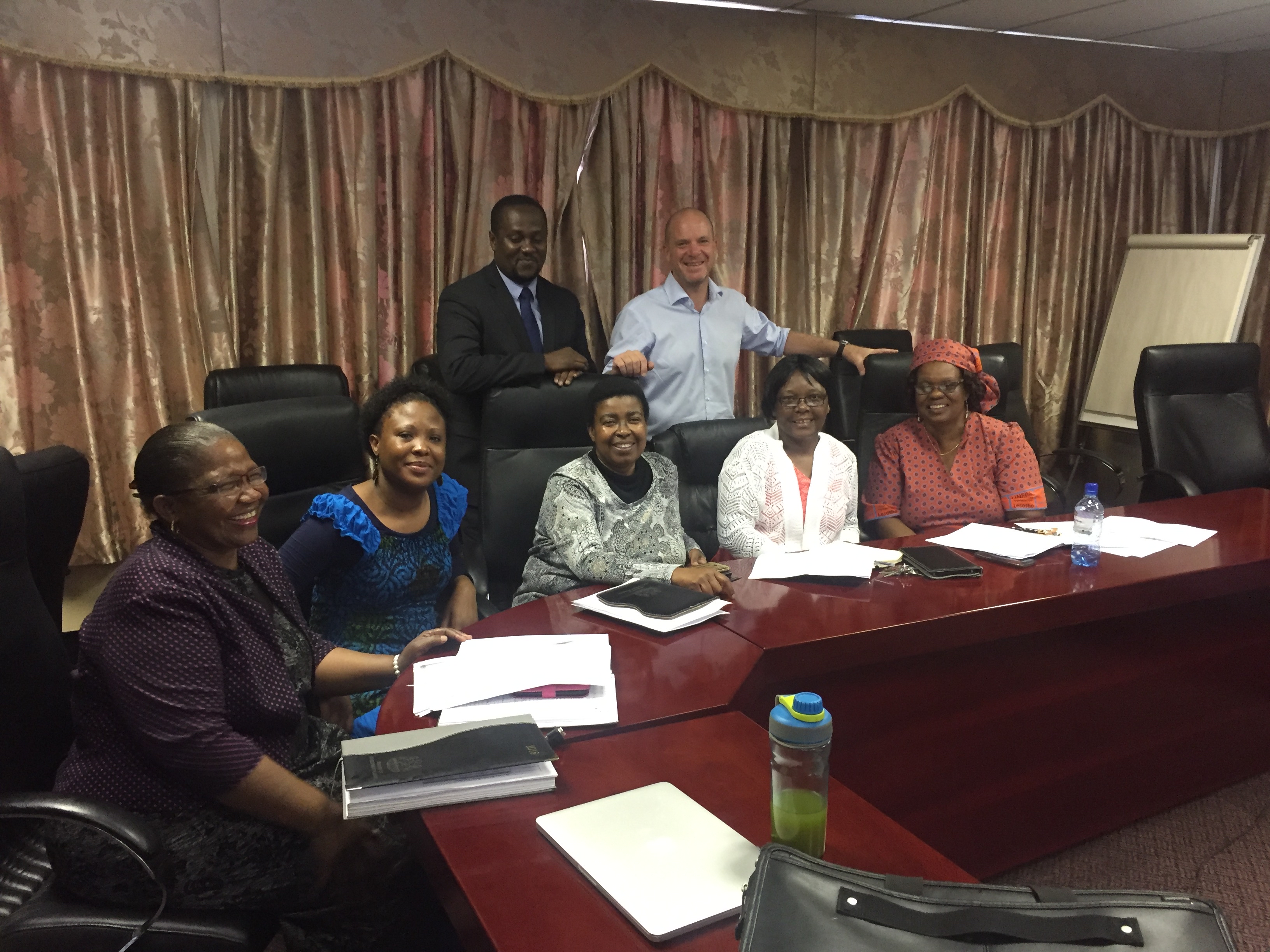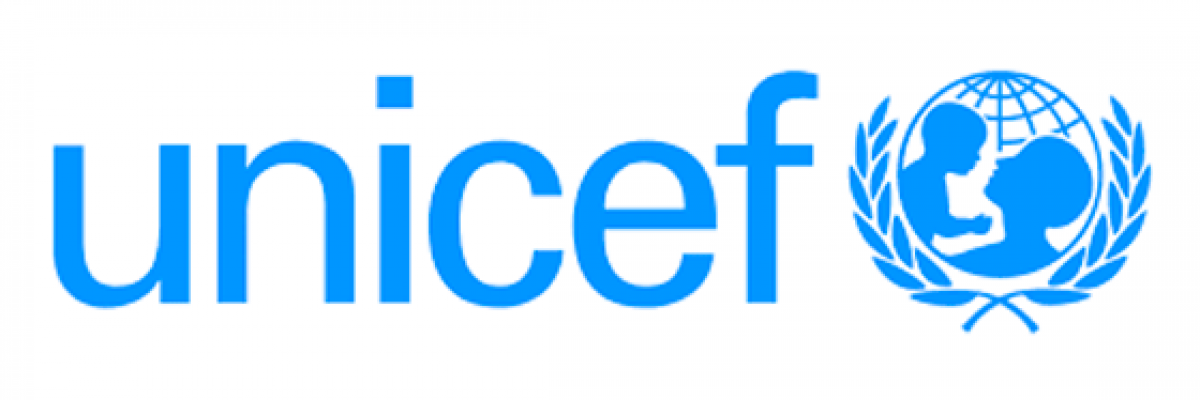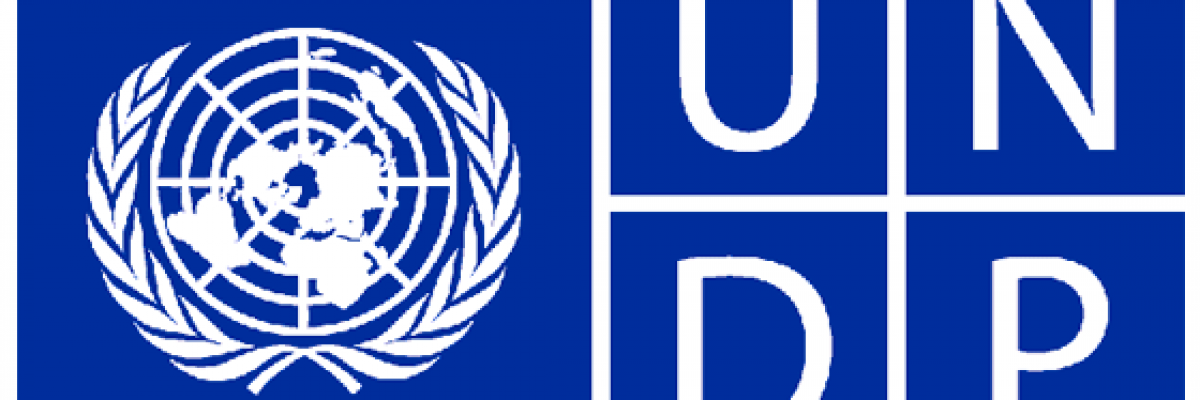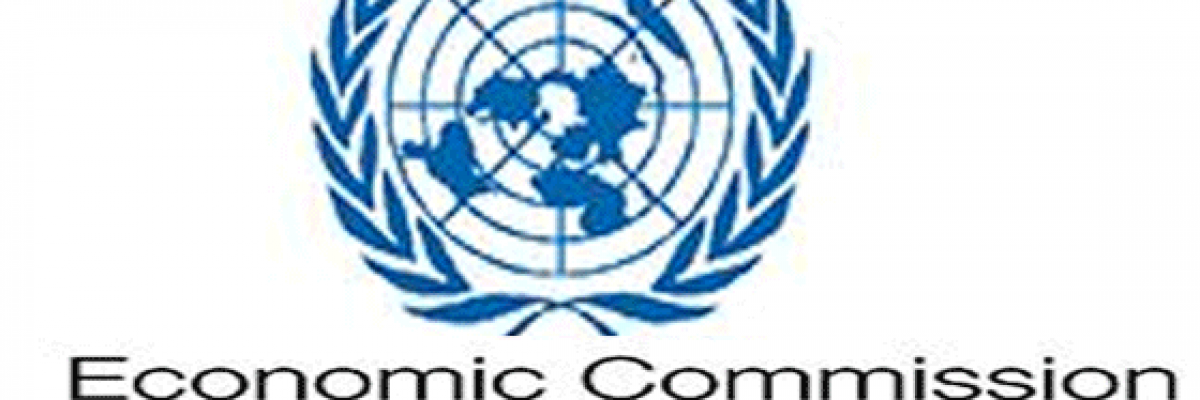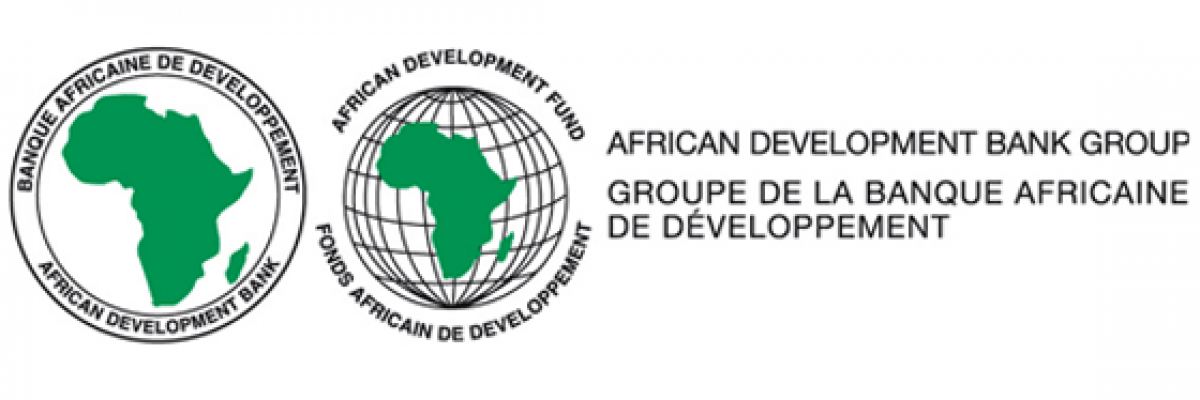Projects Management
To support public administrations in meeting the challenges of improving the well-being of their populations, DS Institute offers capacity-building seminars for senior government officials in the following areas:
- Project Management
- Public Finance Management
- Public-Private Partnership (PPP
- Negotiation Techniques
- Capital Budgeting of Investment Projects
- Risk Management
- Management of a Social Security System
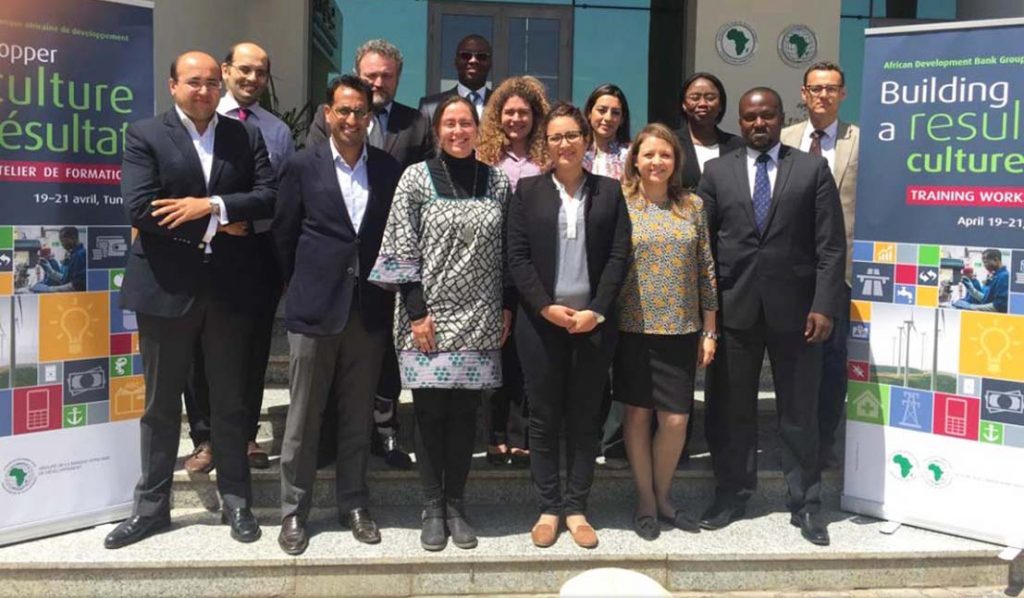
Public Programs Management
Most development programs can be divided into projects. It is thus important for professionals, especially those of public administrations, to have a good understanding of project management. In light of this, DS Institute offers training on Strategic Planning and Public Project Management, which aims to familiarize project managers and decision makers with new concepts of program/project management. By the end of this training, participants will have better knowledge of methods and techniques of project cycle management.
Main Topics:
- Strategic planning
- Project cycle
- Logical framework
- Results measurement
- Monitoring indicators
- Monitoring and evaluation
- Efficient and effective project management
Public Finance Management
Public finance management (PFM) is an intrinsic component of development programs’ implementation. This workshop aims to familiarize the participants with the concepts and implementation techniques of Medium-Term Expenditure Frameworks (MTEFs) and public finance process assessment (CFAA, PEMFAR, CPAR).
Main topics
- Definition and overview
- Medium-Term Expenditure Framework (MTEF)
- Medium-Term Sector Expenditure Framework (MTSEF)
- Country Procurement Assessment Review (CPAR)
- Public Expenditure and Financial Accountability (CFAA, PEFA, PEMFAR)


Public-private Partnership (PPP)
A public-private partnership (PPP) is the delivery of a public service, generally financed and managed by a partnership between a government and one or more private enterprises. Nowadays, governments promote PPPs for the design, implementation and operation of some number of public services (hospitals, schools, roads, etc.).These partnerships require policymakers to have a comprehensive knowledge of rules of PPPs for the management of risks and accountability. This seminar aims to acquaint policymakers with the complexities associated with implementing this type of partnership, allowing them to understand the structure, FUNDING arrangements and management of PPPs in order to derive maximum benefit for their people. By the end of the seminar, participants should have a good understanding of PPP, which would allow them to negotiate this type of partnership.
Main topics
- PPP vs. traditional public projects: structure, advantages,disadvantages
- Importance of PPPs in implementing major projects
- Designing the financial aspects of a PPP project
- Project management of a PPP project
- Finding private partners
Negotiation
Interactions between humans are governed by negotiation which is found at all levels of life, both personal and professional. In professional realms, knowledge of negotiation techniques will allow the approval of projects by supervisors, the development of strategic alliances for one’s firm and to better negotiate employment contracts…. Thus, in order for affairs to develop in a mutually beneficial manner, it is necessary to have a good knowledge of components and dynamics of negotiation techniques. Moreover, these techniques are essential for staff management, particularly «difficult employees». This training will improve participants’ expertise to conduct negotiations, to negotiate agreements where nothing is decided in advance, and become familiar with different modes of negotiation
Main topics
- Basic foundations
- The different steps in a successful negotiation
- The results of a negotiation
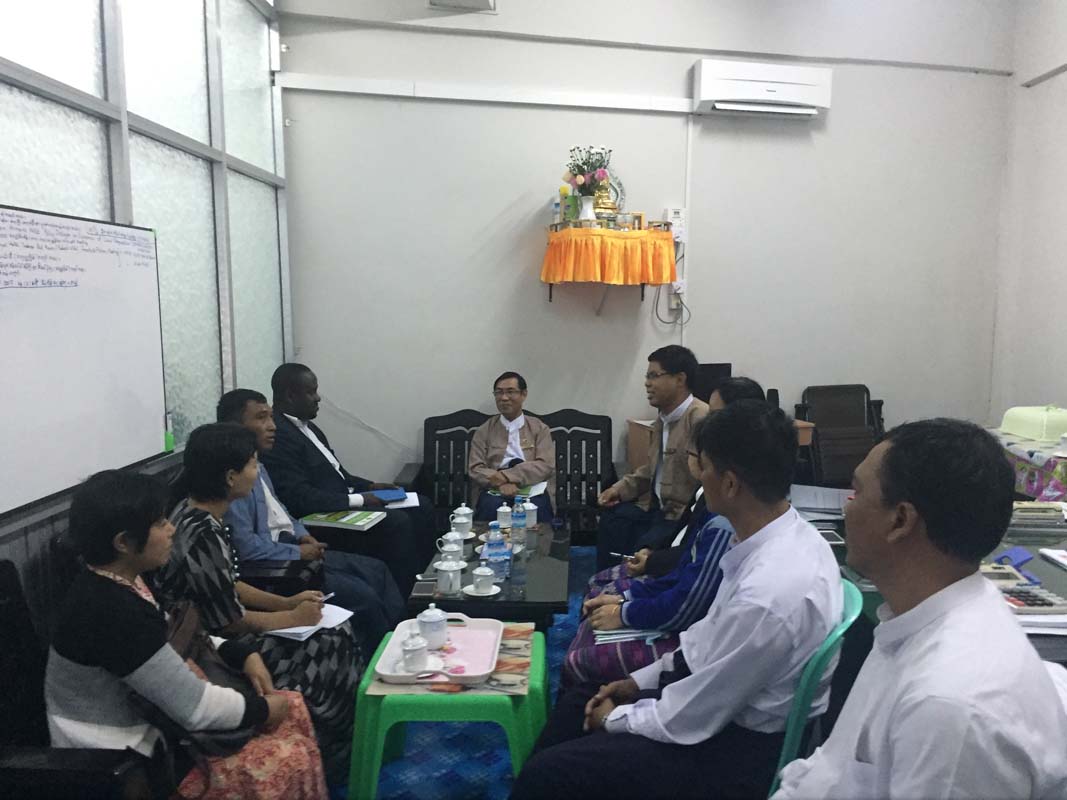
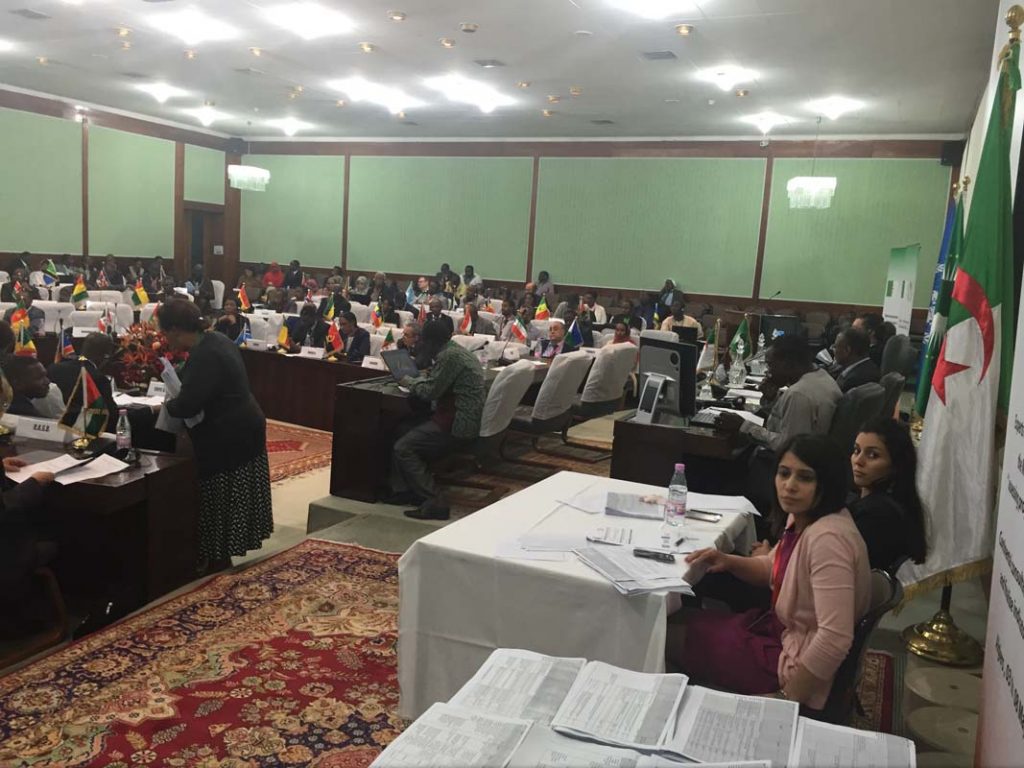
Risk Management
Nowadays, development programs/projects are exposed to complex interrelated and multidimensional risks. Optimal management of these risks requires knowledge of modern risk management techniques. The new approach consists of integrated management of various risks (specifically, Enterprise Risk Management). At the end of this training, participants will be able to identify, measure and manage key risks facing development programs/projects.
Main topics
- Fundamentals and usefulness of risk management
- Risk management process for a development program/project
- Risk management tools and techniques
- Risk identification
- Risk measurement
- Risk monitoring, management and control
- Strategies and instruments for risk management and risk transfert
Social Security System
Demographic changes and crisis in financial markets call for social security stakeholders and decision makers to have a better understanding of social security systems in terms of new challenges, their functioning and the dynamic environment of social security. The objective of this training is to provide participants with the necessary knowledge on the functioning of social security systems. By the end of this training, participants will learn key features associated with the management and governance of a social security system, understand the challenges of social security funding, and will be introduced to the evaluation tools and risk management techniques of a social security system.
Main topics
- Definition and key characteristics
- Administration and organisation
- Regulatory environment
- Governance, communication and ethical guidelines
- Investment policies
- Funding issues
- Financial equilibrium and solvency
- Managing risks
- Experiences and lessons
- Future challenges
